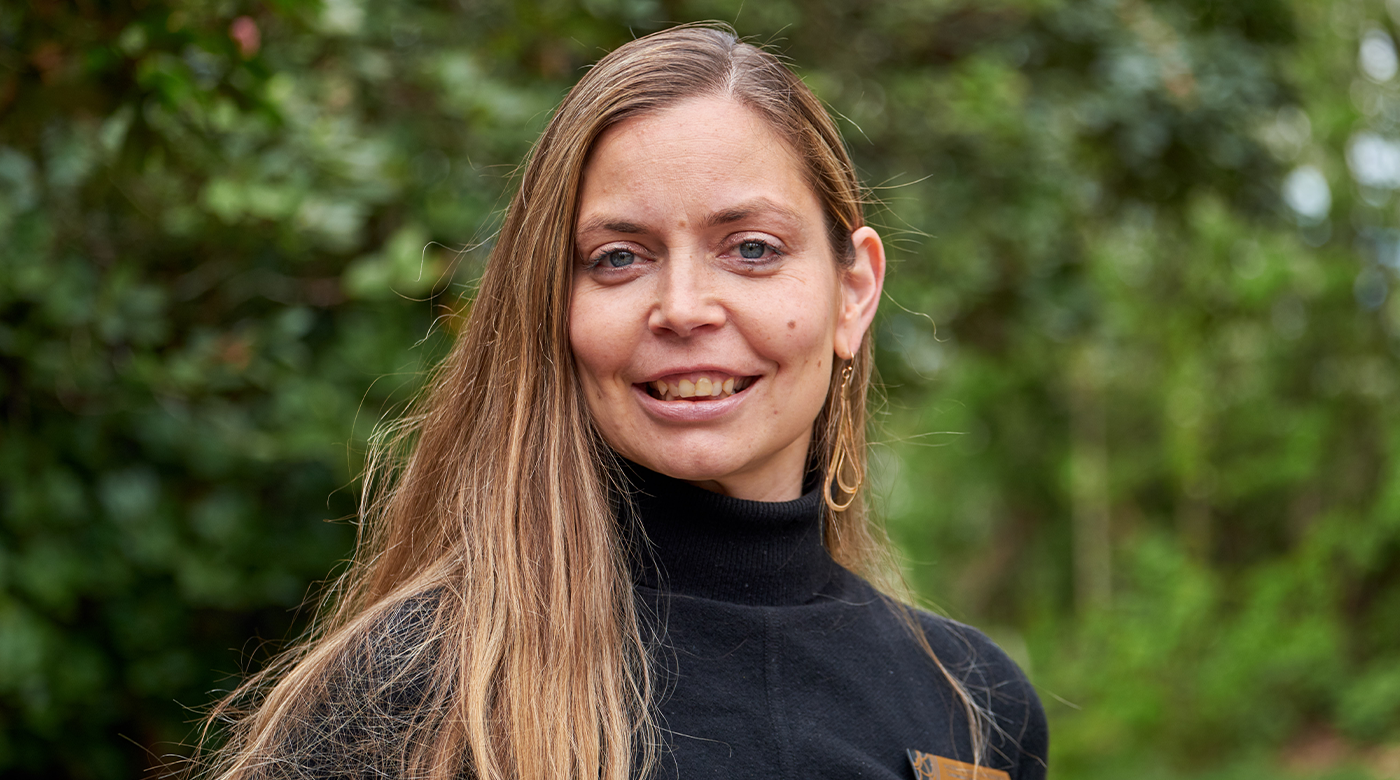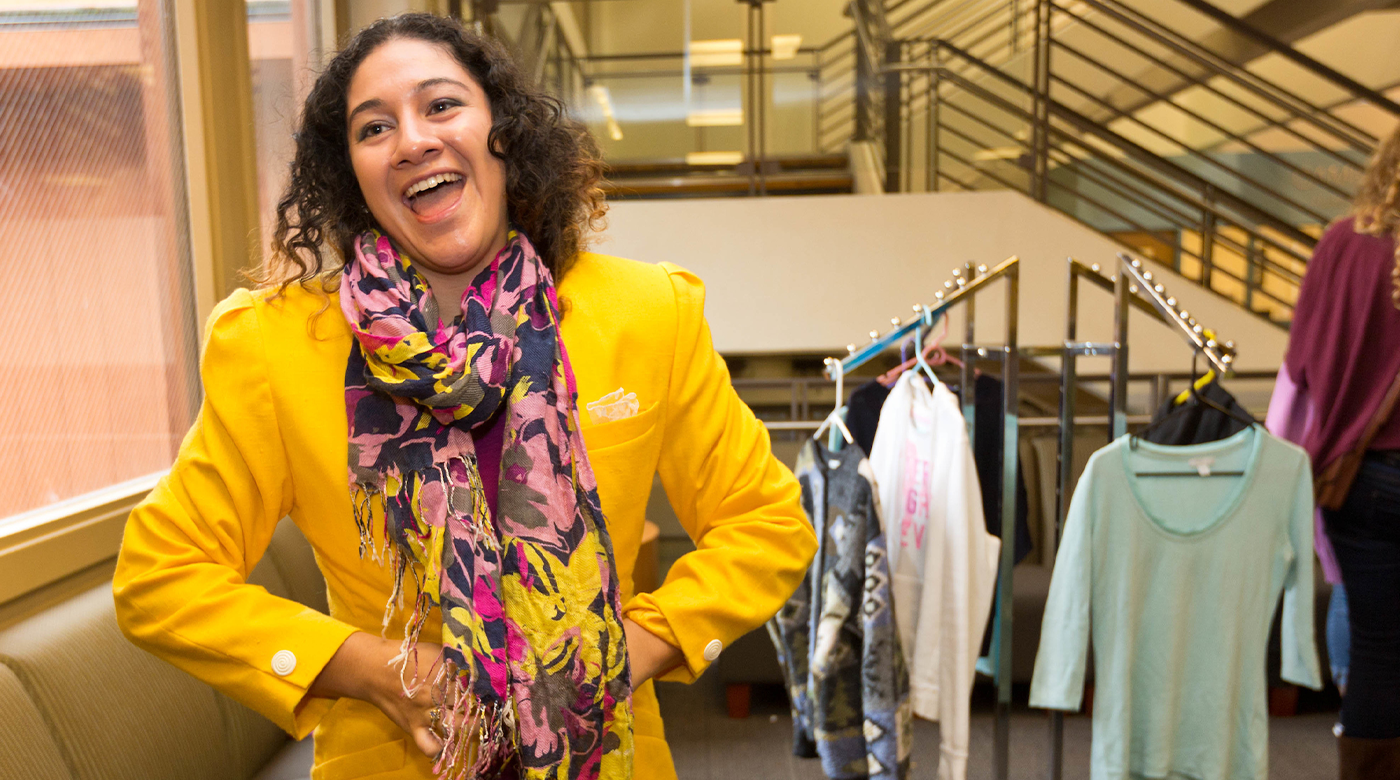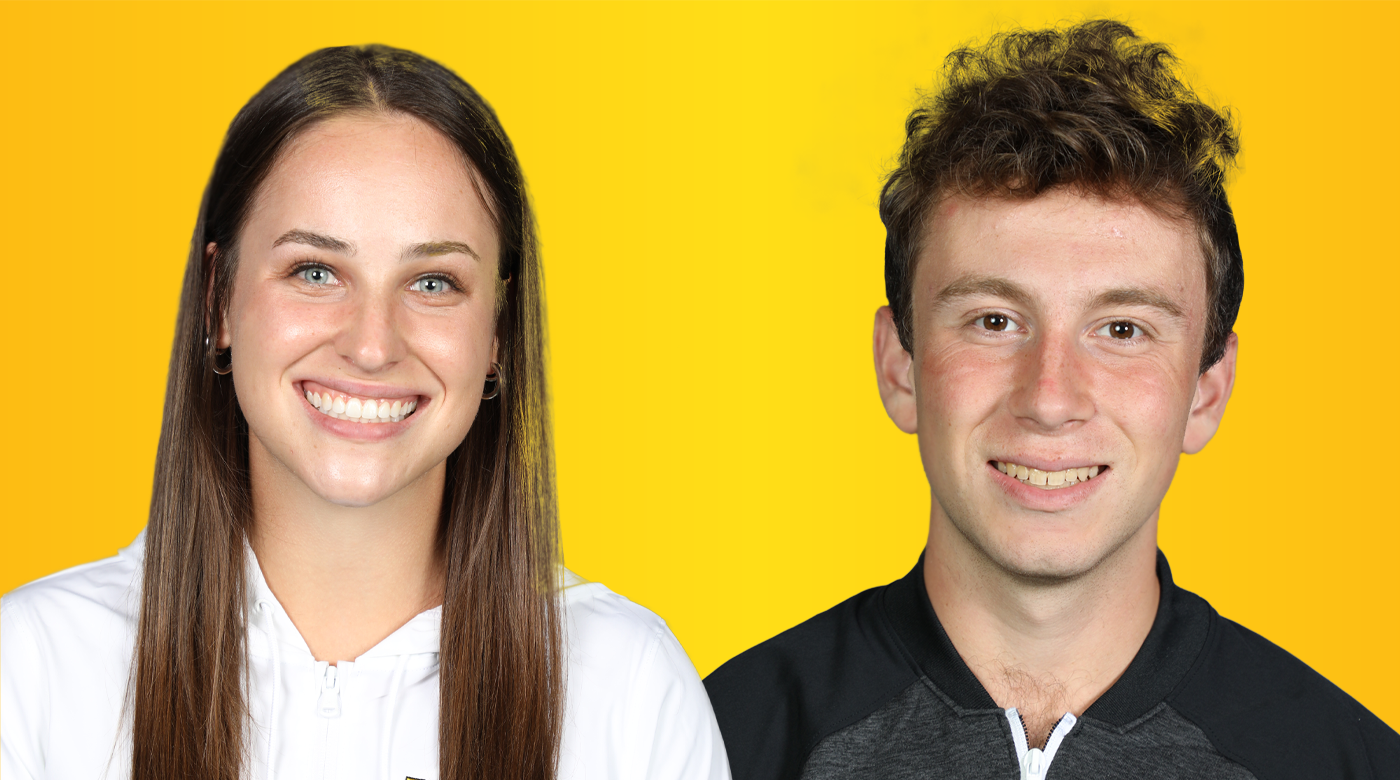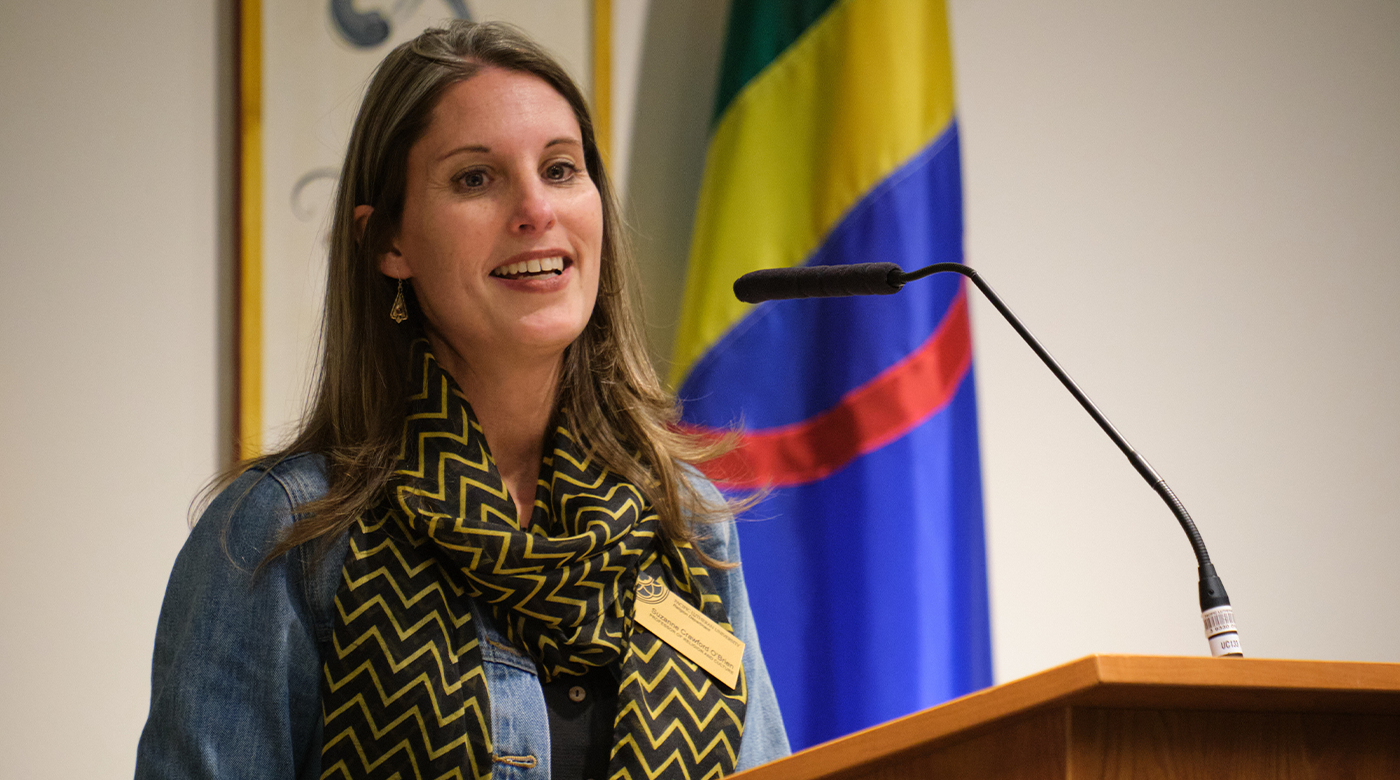BJUG DAY: Q&A with Dr. Elizabeth A. Barton

By Veronice Craker
Marketing & Communications
PLU is creating a campus experience that helps our students thrive by supporting resources and experiential programs that cultivate the mind, body and spirit of each of our students. After all, it takes a healthy Lute to build a healthy community. Many of these resources are supported by our very own students, who understand that it takes a community to thrive. Thanks to your help we are showing our students that the PLU community cares for them and that this is a place where they can grow into the person they are meant to be.
Meet Dr. Elizabeth A. Barton, the PLU Counseling Center director. She shares insights into the mental health of students today and what they need from us to thrive.
The importance of mental health has become much more public than it has in the past. Why do you think that is?
Many of us have had the luxury or privilege in our lives of thinking that mental health is something that other people have to worry about. Even those of us who live with loved ones who openly work on their mental health and are obviously impacted by mental health diagnoses sometimes have stood back and believed that it doesn’t impact me.
We have, however, all been living through twin national and global pandemics (racism and Covid) these 19-20 months. While it has impacted each of us in different ways, we are deeply aware that we all are impacted, we all need to invest in our mental health, and none of us can take emotional and mental health for granted. Those who had the luxury to believe that it didn’t apply to them now can resonate with, empathize, and see ourselves in the conversations around us about mental health, and those of us who have been addressing or working with our mental health all along may now be experiencing more openness from others to holding space with us.
The rates of depression and anxiety went up in the pandemic, loneliness and feelings of alienation, and substance abuse as well. PLU reflects the vitality, pain, health, struggles, and life of the communities from which we come and as we all look to reconnect with ourselves, and our health, we are engaging this reality with a renewed awareness of our need for mental health services.
We are also the beneficiaries of those who have gone before us and many now who are doing much work to address stigma and lower the barriers to talking about and actively addressing mental health.
What are some health services students are utilizing more of at the moment?
Students are seeking Lute Telehealth through TalkNow (on demand) and scheduled counseling, walk-in services at the Counseling Center, on-demand telehealth medical appointments, nutrition and health coaching, and telehealth psychiatry.
Are there new health services that have been added recently? What is the importance of these?
We have added telehealth both via Lute Telehealth and, for the students for whom it is the right fit, with campus-based counselors. Also, yoga and meditation are available to students, faculty and staff via Lute Telehealth. We also have our new referral service, ThrivingCampus and health coaching with opportunities to meet with nutritionists.
Finally, there is preventative and proactive care where PLU counselors go out into the community and classroom to teach skills for managing health and well-being. And an ecological model of wellness that embeds wellness education within the natural frame of the liberal arts education—a part of learning to be a vital member of the community in service to the world and others.
Why do you think these needs are becoming more important?
Personal and collective trauma. A need to reconnect with our bodies, with our selves and with each other in a safe space with people who “Get me“ to help make the next step in regrounding, and reconnecting with the strengths and skills to move forward into meaningful living in the unfolding new normal. One size fits all is not going to work. We are collectively building a new future that requires fully alive humans who are connected to themselves, one another, and who carry hope.
What are students saying they need from PLU?
PLU students are a microcosm of the communities from which they came, reflecting the varieties of strengths, pains, health, struggles, and desires of their communities. They are looking for a place of belonging where they matter and their voice matters—in a real, empowered, make-change kind of way.
They need access to concrete resources and an education that is empowering and linked to building an imaginable future. For many, this means concrete skills for working with people, ideas, and data that will translate into a reliable or dependable go at a career.
They are looking for mentors and others to invest in them, challenge them, and build scaffolding to help bridge the next steps. They also need space to be allowed to be ‘a hot mess’ and be given the dignity to work it through and to pursue a future. Space to be thriving and excited about new opportunities to engage and to envision new possibilities.
Students require the tools for navigating what feels like an uncertain future for so many and reassurance that they are not alone.
How is PLU responding to that need?
With our Counseling Center, by opening more spaces and times to connect with a broader variety of folks who reflect students’ lived experiences. Through proactive care services by having monthly training for our staff around cultural competency. By providing training for faculty and staff around meeting students’ wellness needs inside and outside of the classroom.
Also through the Student Life Division, by creating intentional places of connection, practice, and building of practical work and life skills in engagement with folks who reflect the diversity of our communities. PLU is leveraging the wisdom and expertise of student life professionals to create conversations with students to explore their potential, and connect classroom learning with real-life application, complex dialogue, and meaning-making. Providing leadership opportunities where students explore potential, are given the tools to try, sometimes fail and learn it’s okay to fall, then to get back up again. And sometimes succeed, and learn new passions and ways they are capable and competent, and can build a bridge to the future they imagine, or newly imagine.
And by connecting students to each other, affinity groups and spaces of belonging, and formal and informal mentors
Finally, with faculty, they are investing in learning trauma-informed pedagogy and care for our students and selves.





